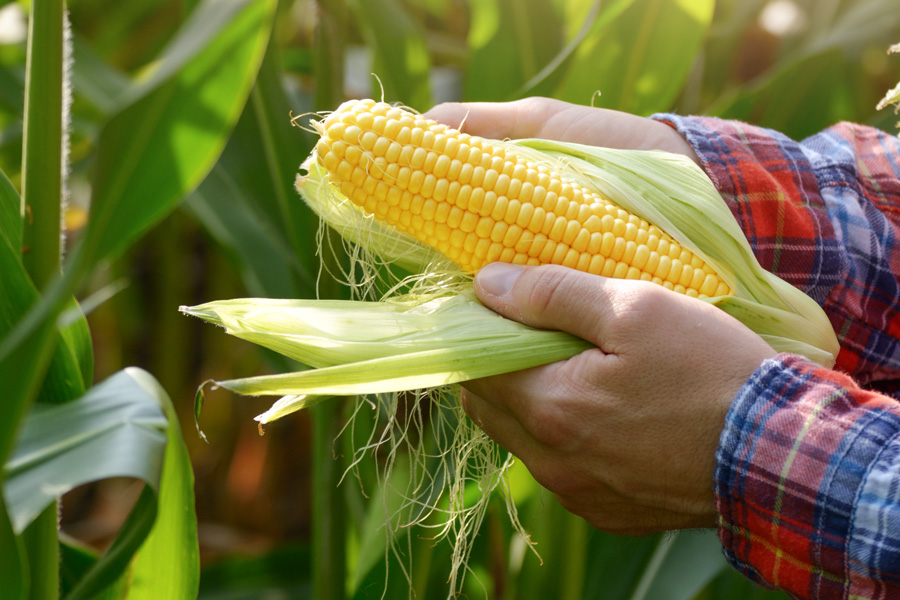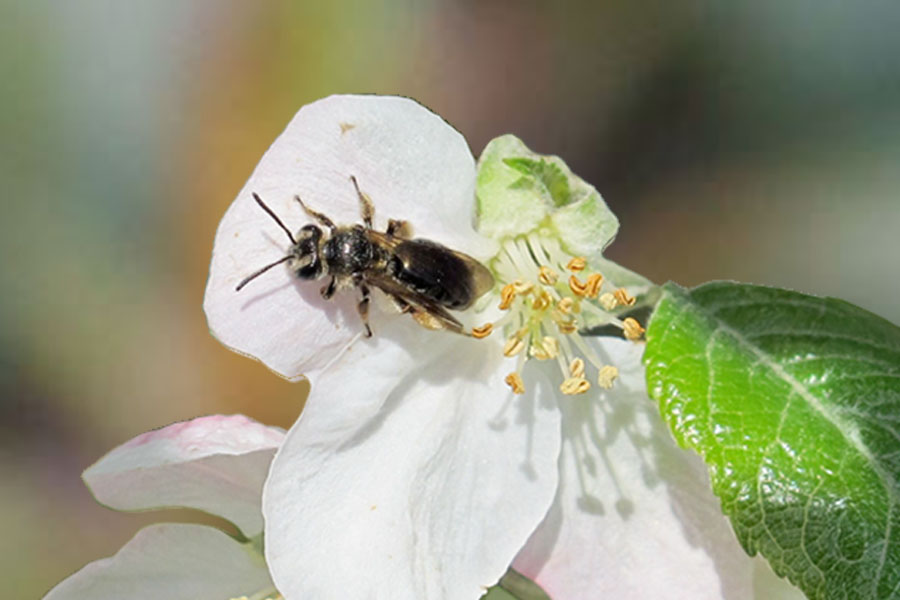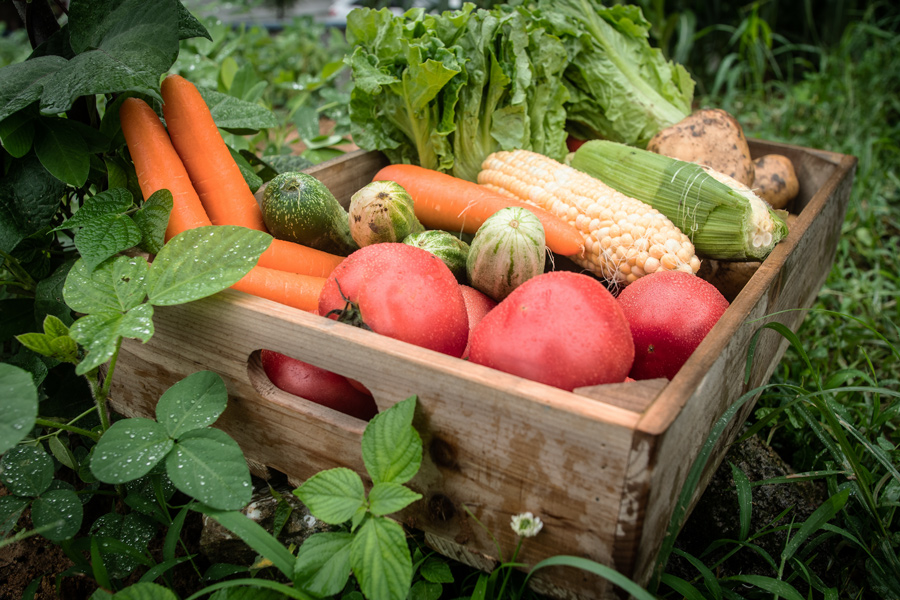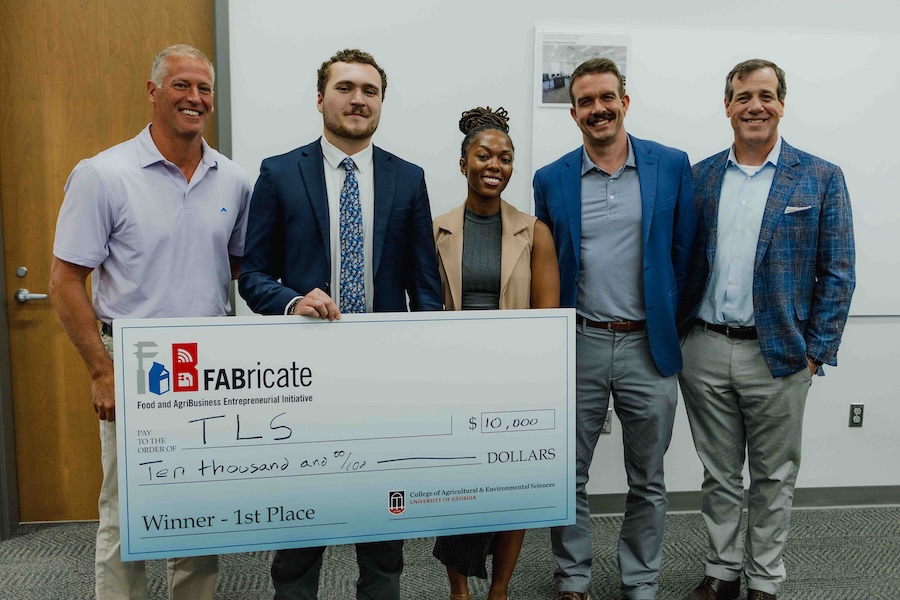Many third-party audits, buyers, and standard operating procedures for produce packinghouses or other food facilities require regular adenosine triphosphate (ATP) or protein swabs to verify the effectiveness of the cleaning and sanitation protocols. This video demonstrates how to collect ATP and protein swabs, how to interpret swab results, and provides advice to help determine an acceptable baseline when implementing a new swabbing program.

Many third-party audits, buyers, and standard operating procedures for produce packinghouses or other food facilities require regular adenosine triphosphate (ATP) or protein swabs to verify the effectiveness of the cleaning and sanitation protocols. This video demonstrates how to collect ATP and protein swabs, how to interpret swab results, and provides advice to help determine an acceptable baseline when implementing a new swabbing program.

Published by University of Georgia Cooperative Extension. For more information or guidance, contact your local Extension office.
The University of Georgia College of Agricultural and Environmental Sciences (working cooperatively with Fort Valley State University, the U.S. Department of Agriculture, and the counties of Georgia) offers its educational programs, assistance, and materials to all people without regard to age, color, disability, genetic information, national origin, race, religion, sex, or veteran status, and is an Equal Opportunity Institution.
Status and Revision History
- Published on April 21, 2020
What is a Circular?
Circulars are more focused than Bulletins and will discuss one subject in a limited form.
Written and Reviewed by Experts
This resource was written and reviewed by experts. Click below for more information on how we produce science you can trust.






